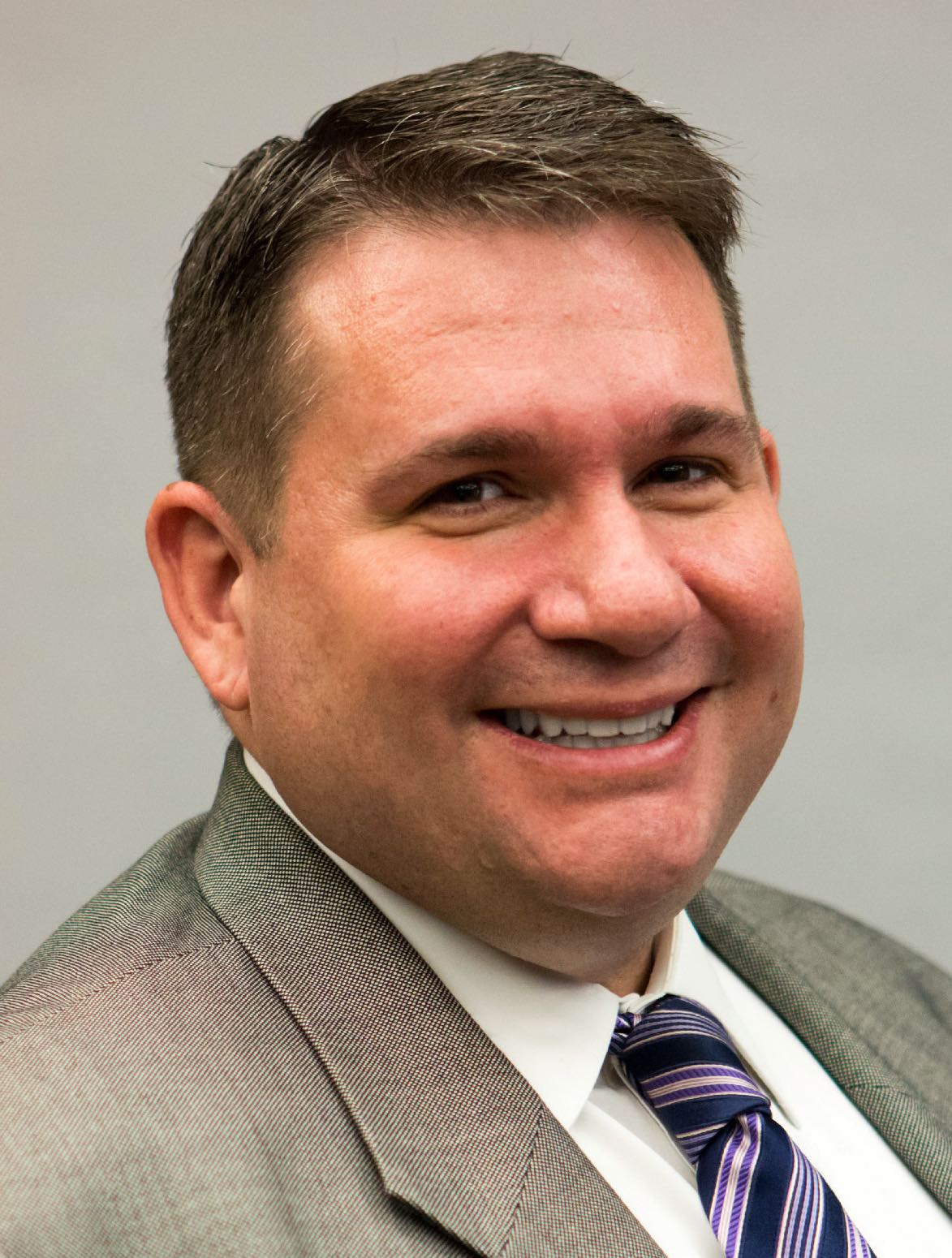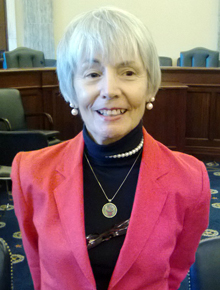
Care For Your Mind acknowledges and appreciates the collaboration of the National Network of Depression Centers and the American Association for Geriatric Psychiatry in developing this post.
Daniel D. Sewell, MD, Director, Senior Behavioral Health, UC San Diego Medical Center
For most individuals in the U.S., accessing mental health care is a struggle, but older adults may have it worst of all. Due to stigma, misinformation, and false beliefs about aging, they frequently go without adequate care for depression and other psychiatric illnesses and psychological problems. Too often, doctors offer prescription drugs as a cure-all solution, and fail to address the overall mental health and well-being of the older patient.
The truth is, addressing mental health issues in older populations requires paying more attention, not less. In aging adults, depressive symptoms can point to a physical illness, while physical pain or other physical complaints can often be a sign of mental health issues.
Read More












Connect With Us